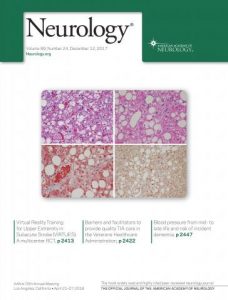 A business consultant allegedly plagiarized an article on leadership written by a former U.S. Air Force officer who is now a high-ranking official in the Department of Homeland Security.
A business consultant allegedly plagiarized an article on leadership written by a former U.S. Air Force officer who is now a high-ranking official in the Department of Homeland Security.
Thomas Mattus, president and founder of a business training firm, submitted a paper to the Project Management Institute (PMI) Global Congress in Vancouver, Canada. The paper, on “transformational leadership,” defined the term and its relevance to the world of project management. PMI accepted “Transformational leadership for project managers” as a conference paper and posted it in 2012 to the PMI website.
But a researcher at the U.S. Naval War College alleges that Mattus plagiarized the paper from an article written in 2001 by Mark Homrig, who was a colonel in the Air Force at the time. Homrig is now a section chief at Homeland Security.
The researcher, Brenda Oppermann, told us:
Continue reading Consultant allegedly plagiarized US Air Force officer


 Before we present this week’s Weekend Reads, a question: Do you enjoy our weekly roundup? If so, would you consider a
Before we present this week’s Weekend Reads, a question: Do you enjoy our weekly roundup? If so, would you consider a  One journal broke a retractions record by
One journal broke a retractions record by 


